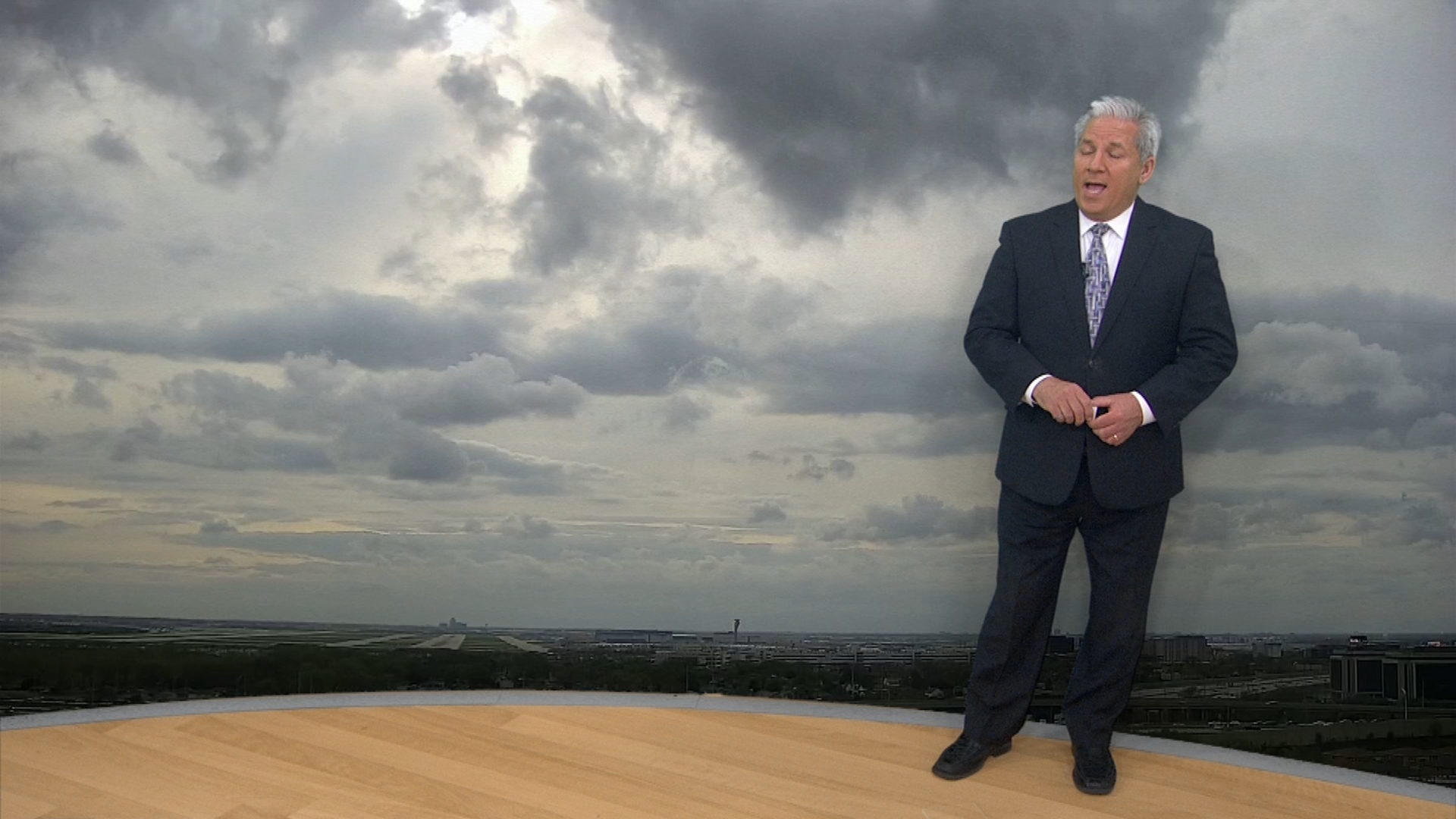What to Know
- The "mansion tax" will go before all Chicago voters in this week's primary
- Supporters say $100 million could be raised to combat houselessness
- Critics argue the measure would have a chilling effect on commercial real estate sales
Voters in the city of Chicago are being presented with a referendum on their ballots in the 2024 primary election, asking if they approve of a so-called “mansion tax” that would fundamentally change the way real estate transfers are taxed in the city.
The language of the "Bring Chicago Home" referendum asks voters to decide whether the city should move from the current flat tax model on real estate transfers to a graduated tax, which would impact real estate transactions on all value levels.
Supporters say that the ordinance would result in a reduction in the transfer tax for approximately 94% of properties in the city, but critics warn that it could have a devastating impact on the commercial real estate market.
Feeling out of the loop? We'll catch you up on the Chicago news you need to know. Sign up for the weekly Chicago Catch-Up newsletter here.
If a majority of voters support the referendum, the Chicago City Council would be required to evaluate and pass the ordinance in the spring, according to proponents of the bill.
So what exactly would the transfer tax change entail?
Currently, real estate transfers in Chicago are taxed at a flat rate of $3.75 for each $500 of the purchase price.
Local
The proposed tax structure would cut that tax to $3 for every $500 of the transfer price, so long as the property is sold for less than $1 million. That represents a reduction of 20%, according to officials.
An increased rate would then be applied to the property value between $1 million and $1.5 million, with that valuation taxed at a rate of $10 for every $500 in purchase price. That would represent an increase of 233% over the current rate.
For any value over $1.5 million, the transfer tax would be boosted to $15 for every $500 in value, an increase of 400%.
According to the text of the referendum, funds generated from the increased taxes would go toward initiatives aimed at combating houselessness in the city.
“The revenue from the increase is to be used for the purpose of addressing homelessness, including providing permanent affordable housing and the services necessary to obtain and maintain permanent housing in the city of Chicago,” the text of the referendum reads.
Under the provisions of the transfer tax, these rates would be paid by the buyer of the real estate, unless the buyer is exempt from the tax under state law. Specific circumstances in which a buyer would be exempt can be found via the state's real estate transfer reporting forms.
In those cases, the tax would be paid by the seller.
Supporters of the ordinance say that the tax would generate $100 million annually.
Nearly 94% of properties sold in Chicago would see a reduction in taxes because they’re valued at less than $1 million, according to officials quoted by WTTW Chicago.
The proposal also would exempt developments that are aimed at affordable housing, according to officials.
The funds would be used to build permanent housing that will feature substance abuse counseling and other wraparound services, according to supporters.
“Your average home buyer will see a reduction in the amount that they have to spend in the real estate transfer tax as a result of this change,” Ald. Carlos Ramirez-Rosa told Block Club Chicago. “But we’re also then asking the very top of the market, some of the biggest corporations in the world, that as they purchase property in the city of Chicago, that they pay a little more.”
Critics of the tax increase say that it would have a devastating impact on commercial property sales, as those owners are already feeling the impacts of more businesses having employees work from home, reducing overhead costs and occupancy rates, according to LP Legal.
According to Crain’s Chicago Business, commercial property transactions in Chicago totaled approximately $5.3 billion in the first half of 2023, a 51% reduction from the previous year.
Former Chicago mayoral candidate Paul Vallas, writing on behalf of the conservative-leaning Illinois Policy Institute, criticized the measure for its disproportionate impact on commercial properties, and warned that the measure could result in lower-than-expected revenues because of the decline of commercial occupancy in Chicago, which would then impact valuations on property.
Lawsuits have been filed claiming that the referendum is too vague, according to real estate publication The Real Deal. Plaintiffs in the suits argue that the city would not be sufficiently bound to spend the funds on affordable housing and other efforts to combat houselessness.
The National Association of Realtors has also spoken out against the proposed ordinance, saying that the impacts on commercial business will ultimately impact homeowners as the city makes efforts to cope with potential funding shortfalls.
If the measure is passed, the City Council would be required to draft and pass an ordinance codifying not just the tax changes themselves, but which organizations would be designated or created to oversee the allocation of the funds raised by the tax changes.



